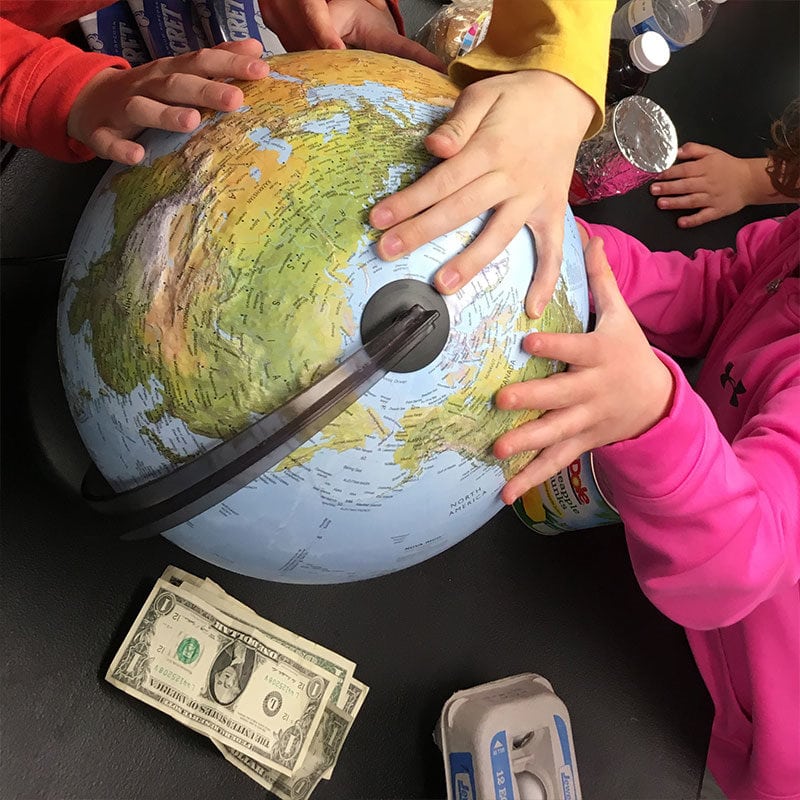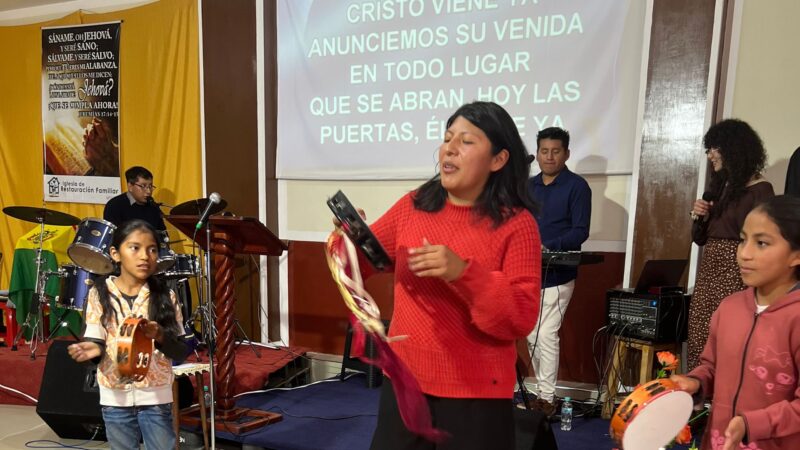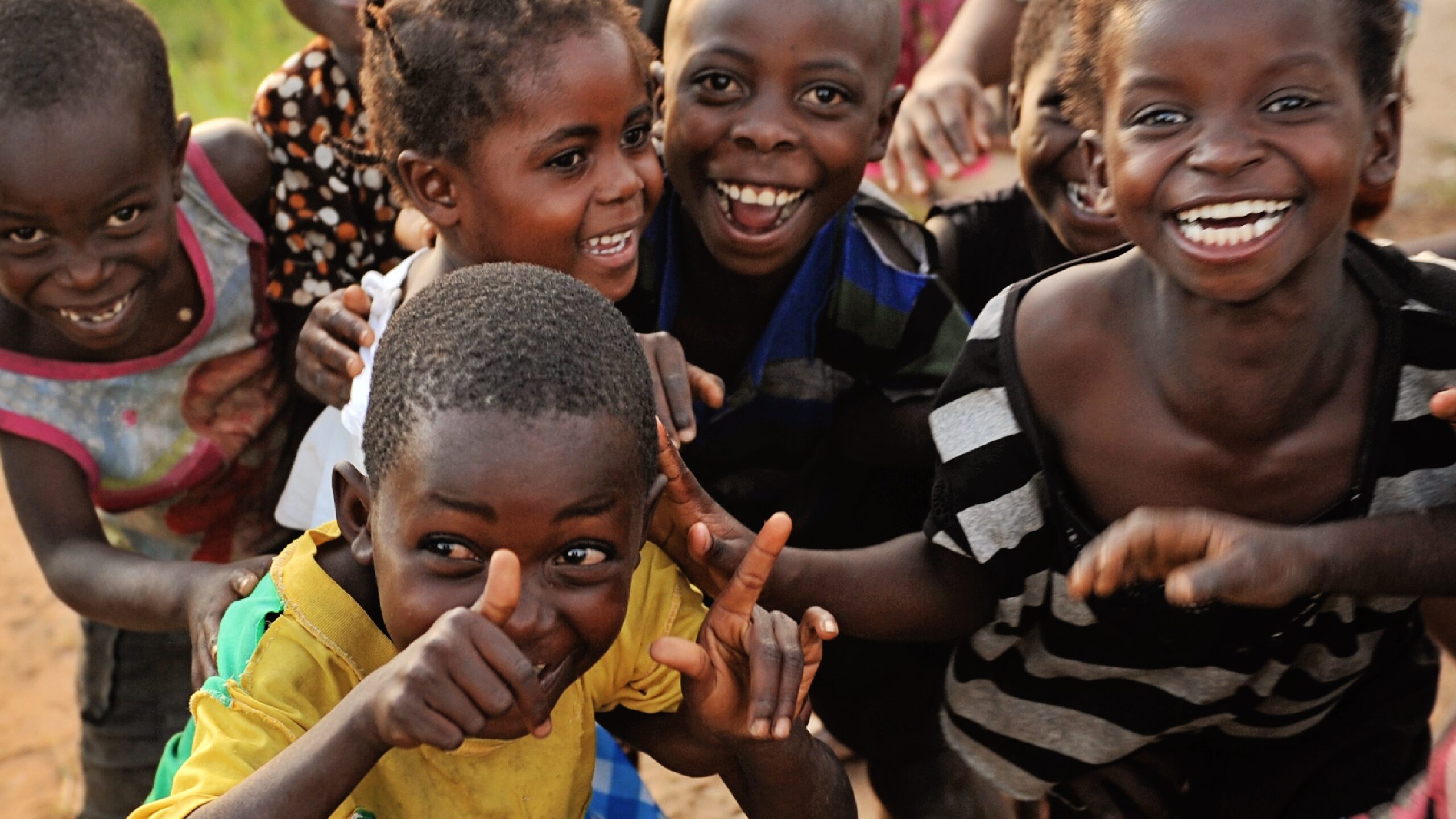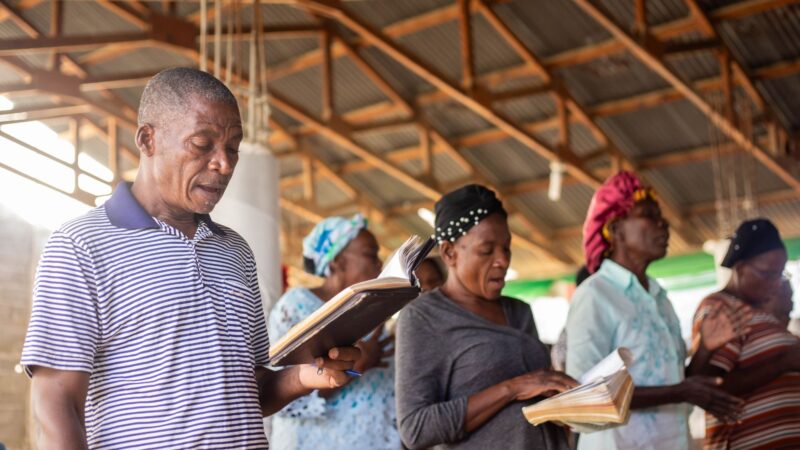All the kids in my little Sunday School class sat around the table with a $1 bill in their hands. In the center of the table I had a variety of food items—like bread, a bottle of water, a can of fruit, and refried beans.
I talked to these 6 – 8-year-olds about hunger. About kids who wake up in the morning and they are so, so hungry, but there is nothing to eat. They go to school, but they’re so hungry they can’t focus.
I told them about kids who come to school Monday morning, and it seems as if they’re sick, but really it’s just that they haven’t eaten all weekend.
The kids were quiet and sober. There was no laughter or seven-year-old antics in that moment.
This group had been learning about sharing and the early church and so the team leader thought having the kids learn about and all chip in to give a chicken through Bright Hope would be a good way to live out what they’d learned.
So, gathered there around the table, I asked them, if they had just their $1 to buy food for their hungry families, what would they get?
Their answers were incredibly sweet and incredibly unrealistic.
One girl said she chose the can of pineapple because she thought it would last something like a week or two.
But I had their full attention. They were grasping the seriousness and sadness of hunger.
I talked with the kids about sharing with others and how the Holy Spirit could speak to them to give their money to help someone else. They were eager to give the $1 bills they were holding to help somebody.
I explained how, even if we bought and gave away all the food on the table, it wouldn’t last very long. And then the people would be hungry again.
I placed a carton of eggs on the table.
I explained how a chicken lays an egg a day, and if we give someone a chicken they can eat some of the eggs (great nutrition), they can sell some of the eggs (to pay for things like school and medicine), and they can leave some of the eggs to hatch so they can have more chickens and eat chicken meat.
They totally got it! These kids grasped the life-changing power of giving a family chickens because they are an ongoing source of nutrition and income.
They were all in. They were exuberant. They handed over their dollars and we pulled up the order form and gave a chicken, right then.
They were experiencing the joy of giving.
As we placed the order, they left comments in the notes section, like: “I hope these chickens will brighten your life” and “I hope you get a lot of food,” and “I hope you will make lots of money.”
But there was one moment that stopped me in my tracks.
I knew that one student, David, had done yardwork to earn his dollar, but I hadn’t really thought much about it until he spoke these words, and then I knew that this lesson had been a profound moment of understanding for him:
“So when I picked up that first stick, I picked up hope.”





